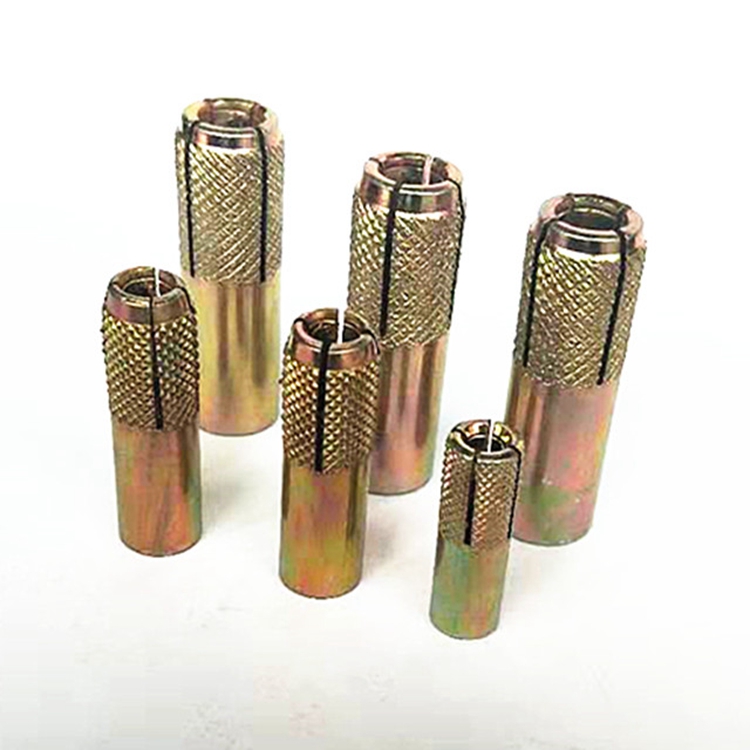High-Quality Cone Washers for Reliable Sealing Solutions
Sep . 10, 2024 10:46 Back to list
High-Quality Cone Washers for Reliable Sealing Solutions
Understanding Cone Washers Applications and Benefits
Cone washers, also known as conical washers, are versatile fastening components that play a crucial role in various mechanical and construction applications. Their unique conical shape differentiates them from standard flat washers, allowing them to provide specific advantages in stress distribution, load-bearing capacity, and vibration resistance.
Design and Functionality
The design of cone washers features a tapered profile that allows them to adapt to different surfaces more effectively than flat washers. This tapering enables the washer to distribute loads evenly across a larger area, reducing the risk of material deformation under high pressure. When a bolt or screw is tightened, the conical shape allows the washer to deform slightly, effectively increasing friction and providing enhanced grip. This contact plays an essential role in maintaining the integrity of the assembled joint.
Applications
Cone washers are widely utilized across various industries, including automotive, aerospace, construction, and electronics. In automotive applications, they are often found in suspension systems and engine assemblies, where they help maintain the stability of bolted connections under high stress and vibration. In aerospace, cone washers are critical for securing components where weight reduction and reliability are paramount.
cone washers

In construction, cone washers are frequently employed in structural applications, such as steel beams and trusses, to ensure that joints remain secure over time, even when subjected to heavy loads
. Furthermore, in the electronics industry, these washers can be used to facilitate grounding and prevent loosening of connections due to thermal expansion and contraction.Benefits
The benefits of using cone washers are manifold. Firstly, their ability to distribute load evenly helps to minimize the risk of failure in bolted joints, leading to increased safety and reliability in mechanical assemblies. Secondly, their unique shape helps to mitigate the effects of vibration, which is essential in applications where equipment is subjected to constant movement or shaking.
Additionally, cone washers can be made from a variety of materials, including steel, stainless steel, aluminum, and plastic, allowing for tailored solutions based on environmental conditions and mechanical demands. This flexibility ensures that engineers can select the right type of cone washer for their specific application.
Conclusion
In summary, cone washers are an invaluable component in many engineering and construction applications, providing enhanced load distribution, vibration resistance, and increased assembly security. Their unique design and material versatility make them an essential tool for ensuring the reliability and longevity of mechanical systems. As industries continue to evolve, the importance of effective fastening solutions like cone washers cannot be overstated, highlighting their role in contributing to the safety and performance of various applications.
Latest news
-
Premium Phosphated Drywall Screws Supplier | Durable, Rust-Resistant
NewsAug.27,2025
-
Reliable Wire Bolts Suppliers | Quality Zinc Plated Fasteners
NewsAug.26,2025
-
Wire Bolts Suppliers: Durable & Reliable Fasteners for Every Project
NewsAug.25,2025
-
Premium Cabinet Bolts Supplier | Wholesale & Custom Solutions
NewsAug.24,2025
-
Reliable Axle Nuts Supplier | Quality & Precision Fasteners
NewsAug.23,2025
-
Durable Bolts for Lawn Mower Handle - Top Supplier & Manufacturer
NewsAug.22,2025
